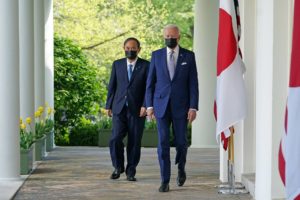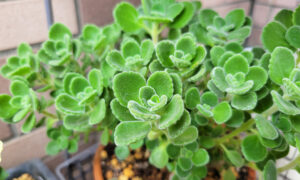About 30 years ago, I moved to Tokyo from the countryside of Kyushu to attend university. At that time, it was the late stage of the bubble economy, and many of my friends were employed by some of the listed companies. Becoming a public servant was not an option, even considering the economy at the time.
When the bubble burst, the major securities firm where my friend was employed collapsed and he had to stay in my small 6 tatami room for a while. As the recession hit, stock prices plummeted and more and more university students wanted to become civil servants. I think it was a choice made in response to the changing times, but at the same time, it also meant the collapse of the lifetime employment system.
Today, according to a survey of elementary school students who will be responsible for the future of Japan, Youtubers and comedians are ranked among the most popular occupations in Japan. The days when getting into a good university and joining a top-notch company was enough to secure a job for life seem to be a thing of the past. As the birthrate continues to decline, the cost of education for children is also rising because there are fewer children, and while there are more and more young people aiming to become Youtubers or comedians, there are also more and more people receiving higher education. This is an interesting dichotomy.
I think Takeshi Kitano’s mother was right when she said, “The only way out of poverty is education.” I can understand why so many Youtubers and comedians are highly educated. If you are fortunate enough to be given the opportunity to study at a university, I think four years of university life is the perfect opportunity to not only study, but also to gain social experiences such as love and part-time jobs.
There is a town in Tokyo and Osaka where the homeless gather. At the time, it was seen as a special kind of town, but now I hear that it has changed and is more accessible to the general public.
When I lived in Tokyo, I used to go to that town in the morning on Sundays. The stores were packed from morning and everyone was drinking. It may be unthinkable in a normal life, but I felt comfortable in such a place. My situation at that time was the worst. I was drunk and sleeping on the side of the road, and my shoes had been stolen. I was relieved to find my slippers in a pile of garbage by accident.
At that time, there were no Internet cafes, but there were simple accommodations for the homeless that cost about 2,000 yen a night. The place smelled so bad that it was impossible to sleep there, so I would open the window, breathe in the fresh air, and wonder what the hell I was doing, looking at the night sky. If it wasn’t so cold, I would have preferred to sleep on a park bench. At that time, I had a strong thought.
At the very least, Three things: to sleep in a covered area. work in an air-conditioned office in summer and a heated office in winter. Sleeping under a roof was achieved, but the other two were not, but I was able to escape from a near-homeless environment.
According to a survey by the Ministry of Health, Labor and Welfare in January 2019, the total number of homeless people was 4,555 (4,253 men, 171 women, and 131 unknown). Tokyo had the highest number of homeless people (1,126), followed by Osaka Prefecture (1,064). https://www.mhlw.go.jp/stf/newpage_04461.html
There are many people who are bordering on homelessness, such as Internet cafe refugees, so the number may not be accurate, but it is probably several times higher than that.
However, the number of 570,000 in the United States according to the 2020 survey is even shocking.
Lost in Manhattan (2014) I watched a movie starring Richard Gere. The film was two hours long and there was no real incident, but the performance of Richard Gere, who was 65 years old at the time, made me lose track of time. It was hard to sleep without a roof in winter. The atmosphere of Manhattan was well represented and I felt as if I was in New York.
The Tokyo Olympics are coming up on July 23, 2021. There are calls from all over the world to cancel the games, and it is being reported every day.
At the 1996 Atlanta Games, more than 10,000 people living on the streets were arrested, and at the 2012 London Games, large-scale support was provided, including housing mediation, but on the other hand, about 1,000 people were forcibly evicted due to redevelopment, and new people living on the streets were born.
The figure of Richard Gere is not a stranger to me. I am looking up at the sky, petrified about the future of the upcoming Olympic Games, as I compare myself with my former self.











コメント